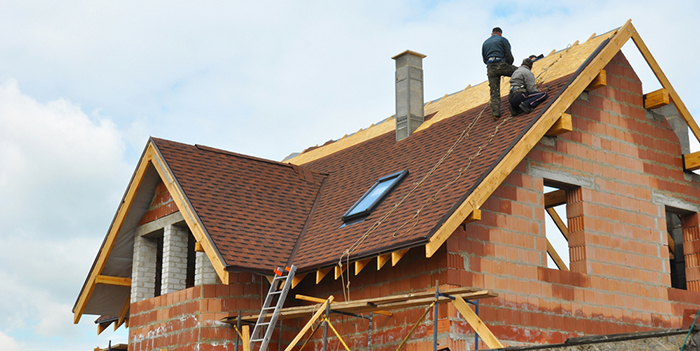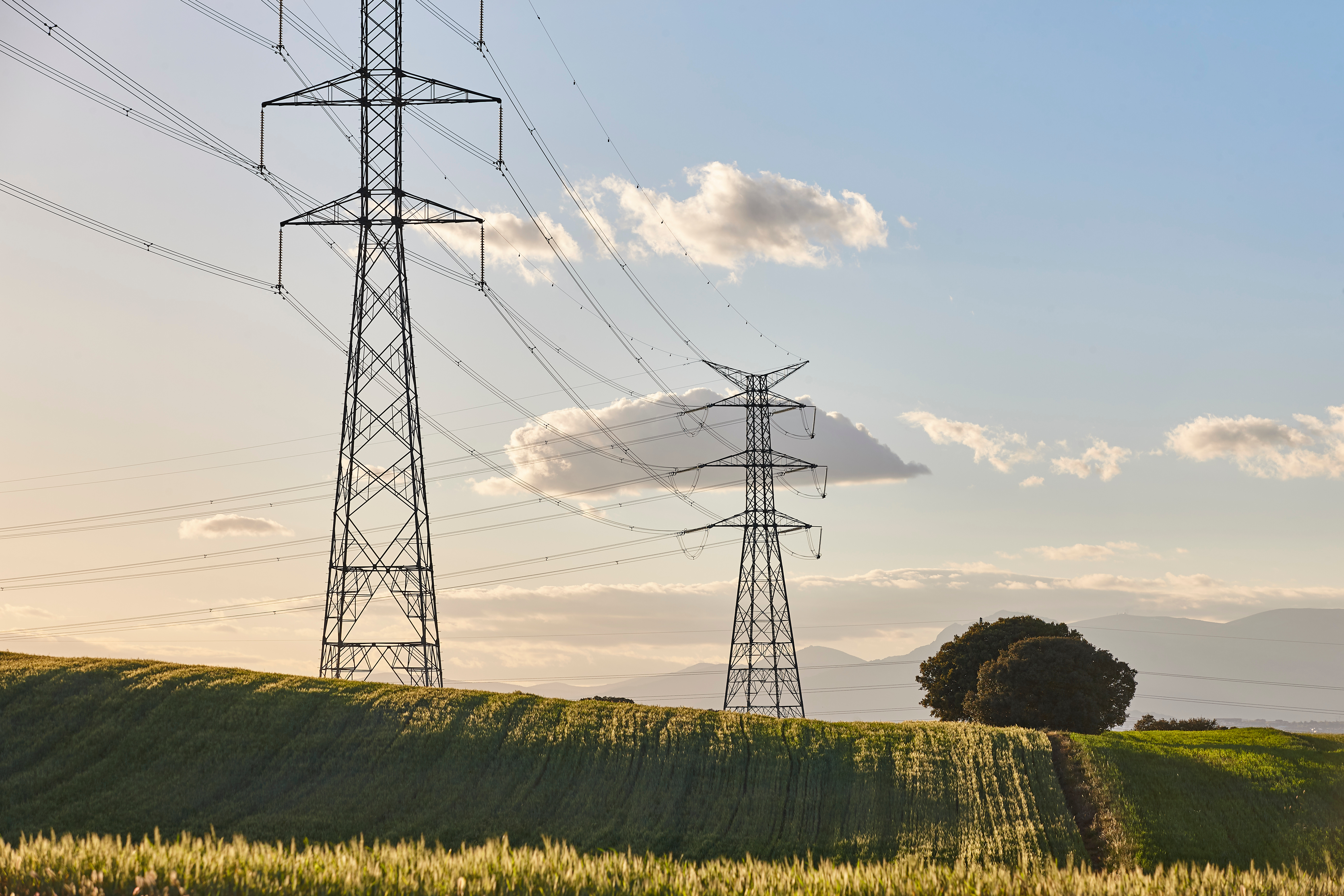“Breaking down the bill” series: Building energy codes
Let's Save Energy
Alliance to Save Energy's Blog

Building energy code provisions present clear choice between forward progress or rollback
Energy policy has been a major issue of the 114th Congress. As you read this post, two competing energy bills – one passed by the House of Representatives, the other by the Senate – are being negotiated by leaders engaged in a conference committee. Conferees, and especially their top staff, are working hard to sort out the differences between the two. Both bills address energy efficiency – and for good reason: improving energy efficiency is the easiest, least expensive, most cost-effective and cleanest way to boost our productivity, create jobs and reduce dependence on foreign oil.
Building energy codes in the Senate bill
One way the bills differ sharply also happens to be the biggest potential source of savings for homeowners, consumers and businesses: building energy codes. Building energy codes, important because they establish minimum efficiency standards for the buildings we work and live in, also substantially impact the utility bills we pay. By how much? Well, the Senate legislation, which includes provisions taken from S. 720, the Energy Savings and Industrial Competitiveness Act, sponsored by Alliance Honorary Chair Sen. Jeanne Shaheen (D-N.H.) and Honorary Vice-Chair Sen. Rob Portman (R-Ohio), would save homeowners tens of billions of dollars in avoided monthly utility costs if passed. See why we like it?
The Portman-Shaheen provisions are the product of five years of bipartisan negotiations and enjoy considerable support among industry as well as energy efficiency advocates. If passed, the Senate bill would represent a major, positive update to building energy code policy. And so maintaining in a final conference the Portman-Shaheen building energy code language, as approved by the Senate, presents the biggest opportunity for savings. And by quite a lot.
And the House bill?
In short: we are not supportive of the building energy codes measures in the House bill. The bill contains provisions sponsored by Reps. Marsha Blackburn (R-Tenn.) and Kurt Schrader (D-Ore.) that would negatively affect homeowners and increase monthly utility bills of homeowners by tens of billions of dollars. How? The Blackburn-Schrader provisions would hinder the U.S. Department of Energy’s (DOE’s) critical role in model code development. It would also expose cost-effective energy efficiency improvements that contribute to lower energy bills over a home’s entire lifetime to rigid, short-sighted payback requirements. If you’d like a more detailed side-by-side analysis, see our new fact sheet to compare the building energy code language in the House and Senate bills, as well as the laws as they currently stand.
Proceeding with energy efficiency and bipartisanship
When it comes to the impact of energy efficiency provisions, nothing comes close to the importance of building energy codes. And so energy bill conferees face a stark choice during these negotiations. They can make forward progress by approving the Portman-Shaheen building energy code language as overwhelmingly passed by the Senate. Or they can roll back building energy codes and cause costly inefficiencies in our building sector, which accounts for a hefty 40 percent of U.S. energy consumption. Only time will tell, but I like to think that bipartisanship – a defining trait of the Portman-Shaheen provisions – will get us to where we ought to be.
RECENT BLOG POSTS
STAY EMPOWERED
Help the Alliance advocate for policies to use energy more efficiently – supporting job creation, reduced emissions, and lower costs. Contact your member of Congress.
Energy efficiency is smart, nonpartisan, and practical. So are we. Our strength comes from an unparalleled group of Alliance Associates working collaboratively under the Alliance umbrella to pave the way for energy efficiency gains.
The power of efficiency is in your hands. Supporting the Alliance means supporting a vision for using energy more productively to achieve economic growth, a cleaner environment, and greater energy security, affordability, and reliability.



